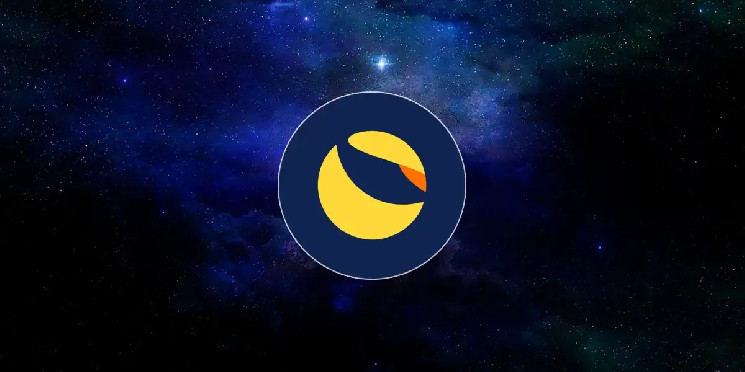In March 2024, Terraform Labs and its co-founder Do Kwon faced accusations of fraud from a New York Jury, along with demands from U.S. regulators to pay a hefty penalty of $5.3 billion.
Terraform’s legal team countered these claims, arguing that most of the UST stablecoins were sold outside the United States.
After a two-week trial, on April 5, Terraform and Kwon were found guilty of fraud. Consequently, the SEC pushed for a substantial fine, potentially marking the largest in the crypto industry’s history, indicating increased regulatory scrutiny from U.S. authorities.
The SEC accused Terraform and Kwon of accumulating over $4 billion in “ill-gotten gains” through unregistered token sales, including LUNA and UST. UST, Terraform’s algorithmic stablecoin pegged to the US dollar, experienced a collapse in 2022, leading to a significant $40 billion loss in market value.
However, Terraform’s legal representatives argued that most token sales occurred outside the U.S., and the SEC failed to provide evidence linking Terraform and Kwon’s limited U.S. activities to significant losses, let alone the billions sought by the SEC in disgorgement.
In a separate filing, Kwon’s legal team disputed the SEC’s assertion that his involvement with Terraform significantly impacted the United States, stating that his role in the conduct occurred entirely abroad, in Korea and Singapore.
Terraform Labs contested the SEC’s demand for $5.4 billion, deeming it unjustifiable, with their legal team proposing a fine of $1 million as more appropriate.
Gurbir Grewal, director of the SEC Enforcement Division, responded positively to the verdict, emphasizing the importance of compliance in the crypto industry. He highlighted the substantial losses suffered by investors due to Terraform Labs’ actions, positioning the case as a significant example of the SEC’s role in safeguarding retail investors and the broader market.
